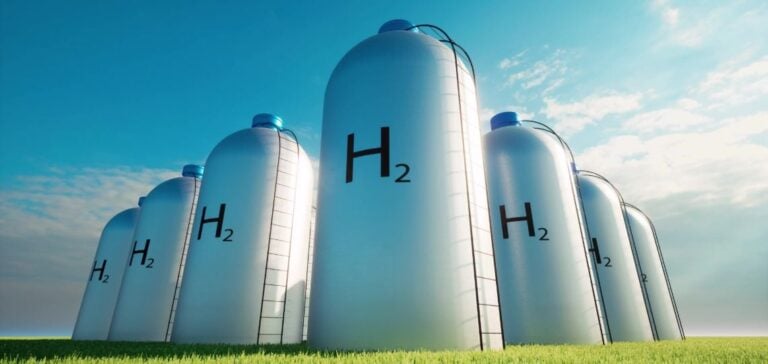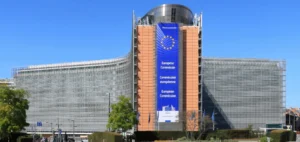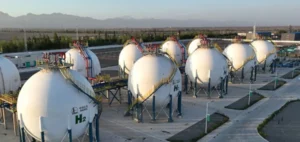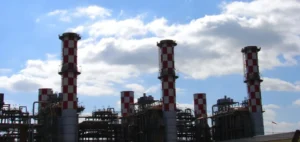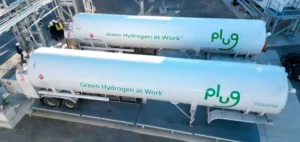HyVera Distributed Energy, a new Canadian company with majority Indigenous ownership, announced its launch on June 26. According to CNW, the company aims to disrupt the hydrogen value chain by marketing an on-site generation solution called Hydrogen-on-Demand (H2oD). At the heart of the process is the eCatalyst (eCat) pellet, developed by the US-based EnviroGroup with the United States Department of Defense. HyVera says the innovation produces 99.999 % pure hydrogen at the point of use, with no cryogenic compressor and no electrical input.
Process and technical characteristics
The dry, non-toxic pellet releases gas as soon as it is mixed with water at low pressure. The absence of rare earths and external energy limits resource consumption and reduces logistical constraints. The granules are described as stable, lightweight and suitable for general freight, paving the way for a distribution model comparable with conventional fuels. HyVera believes this advantage tackles directly the triple challenge of storage, transport and cost that still hampers uptake of the vector.
To support the ramp-up, the company plans two eCat production units in British Columbia and Nova Scotia. The sites, whose size has not been detailed, will initially target regional outlets in power generation, heavy-duty fleets and port terminals. HyVera is also preparing demonstration programmes with several industrial partners to verify economic performance in real conditions. CNW reported on June 26 that the first commercial volumes could leave the lines as early as next year, subject to regulatory approvals.
Financing and expected returns
Rich Robillard, chief executive officer of HyVera, said the approach “fills a critical gap in the country’s hydrogen strategy”. He referred to the continued reliance on diesel in remote communities and the need for a decentralised solution capable of securing energy supply. The company has not disclosed the precise budget for the future plants but says it is targeting a production cost below that of large-scale electrolysis projects. Robillard added that each facility should offer a return on investment of less than five years through pellet sales to industrial users.
David Mucciacciaro, chief commercial officer of Ballard Power Systems, welcomed an innovation “likely to improve the total cost of ownership of fuel-cell technologies”. He said reducing logistics expenditure would broaden the gas’s scope to heavy transport and high-temperature heat processes. HyVera estimates the project will create skilled local jobs and strengthen energy sovereignty, without relying on existing export infrastructure. Discussions with potential customers already cover multi-year supply contracts, signalling market interest for flexible on-site production solutions.
Perspectives and timeline
The commercial validation phase is due to start in the second half of the year, with mobile units destined for off-grid mining operations. HyVera is simultaneously finalising the standardisation of its cartridges to obtain Transport Canada certification for domestic shipments. Management expects the first framework agreements to be signed before the financial year-end, enabling a gradual roll-out to other provinces. EnviroGroup says it is examining the possibility of regional licences to extend the technology’s reach beyond the North American market.


